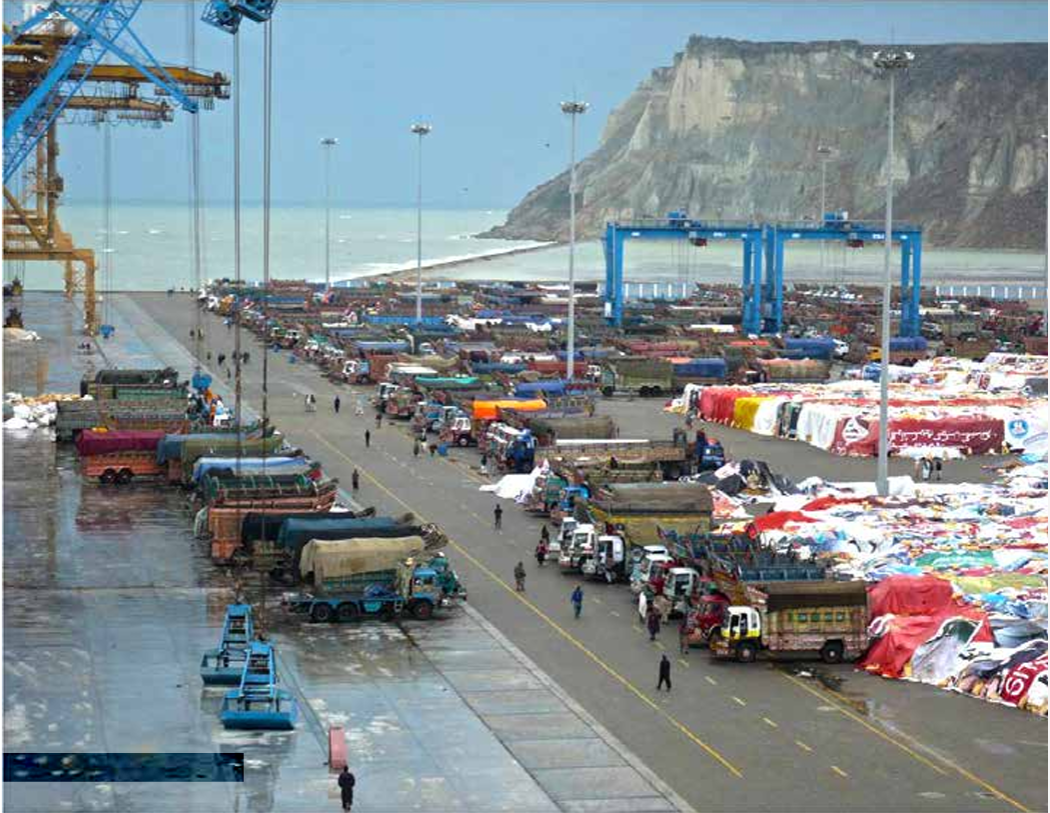INP-WealthPk
Muhammad Asad Tahir Bhawana
The advancement of contemporary transportation infrastructure assumes a crucial role in fostering economic growth and attracting investment. Aligned with the goals set forth in Pakistan Vision 2025, concerted efforts are being made to establish a streamlined and interconnected transportation system that will facilitate the cultivation of a competitive economy. Transportation constitutes approximately 10% of Pakistan's gross domestic product (GDP) and plays a significant role in providing employment opportunities for over 6% of the country's workforce.

Key objectives of Pakistan Vision 2025 encompass the reduction of transportation costs, enhancement of mobility safety, establishment of effective connectivity between rural regions and urban centres, implementation of high-speed inter-provincial links, integration of road and rail networks connecting economic hubs (including air, sea, and dry ports), and the development of high-capacity transportation corridors that connect major regional trading partners.
Some specific targets of modern transportation infrastructure include augmenting the current road density to a magnitude of 0.45 km/sq.km, thereby necessitating an expansion of the existing national road network from its current extent of approximately 260,000 kilometres to a projected length of 358,000 kilometres. Further, there are major upgrades to the railway system, including increasing speed from 95 to 120/140 km/h, doubling main line tracks, increasing capacity, and installing modern signalling. Establishing north-south and east-west corridors and building roads and rail links to Central Asian countries, China, and neighbouring countries, and creating a freight corridor are also being planned. With this, Pakistan Railways will become more profitable and will provide quality passenger and freight services.
Moreover, enhancing cargo and passenger infrastructure and handling capacity at key airports will be one of the key objectives in the aviation sector. In addition, a revised civil aviation policy will be developed. The national flag carrier will become one of the world's leading airlines. To meet global efficiency and cargo handling standards, Pakistan's seaports will need to make significant additional investments to upgrade their facilities and infrastructure. Shipping services will also need to be made competitive.
By improving physical infrastructure, establishing effective institutional arrangements, and keeping people in touch, a strategic program of regional connectivity is envisaged for Pakistan. To enhance regional connectivity, new strategies and institutions must be developed, and investment must be made in implementing the existing initiatives more effectively.
In order to tap the potential, significant capital investment will be needed. Given the limitations of the government's own resources, public-private partnerships will utilise a variety of financing and ownership mechanisms. Additionally, the strategy recognises that in order for infrastructure to provide enduring benefits, it must be used efficiently and have the resources for maintenance. It is therefore the government's responsibility to provide rational pricing policy, such as setting appropriate user fees.
Credit: Independent News Pakistan-WealthPk




